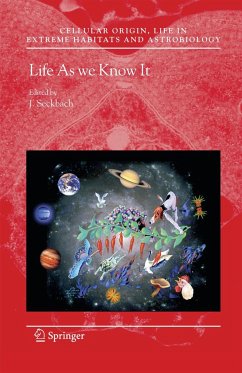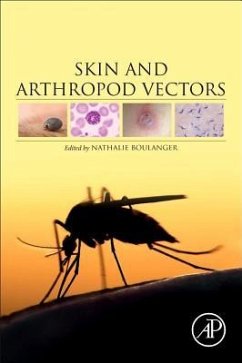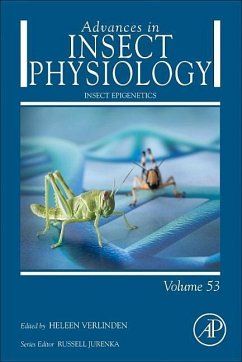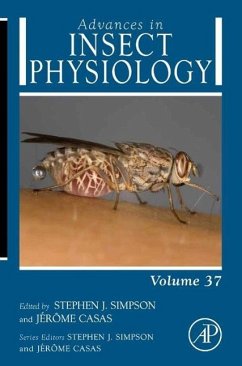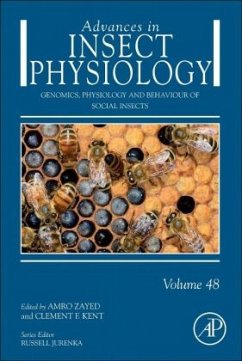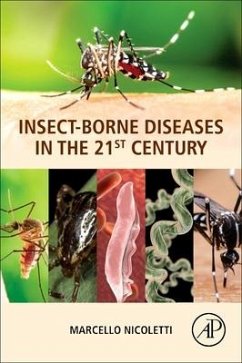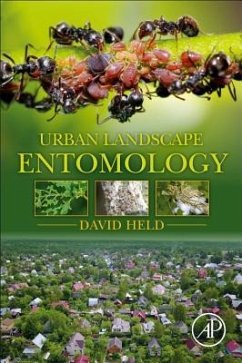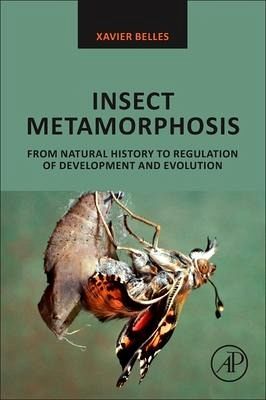
Insect Metamorphosis
From Natural History to Regulation of Development and Evolution

PAYBACK Punkte
40 °P sammeln!
Insect Metamorphosis: From Natural History to Regulation of Development and Evolution explores the origin of metamorphosis, how it evolved, and how it is it regulated. The book discusses insect metamorphosis as a key innovation in insect evolution. With most of the present biodiversity on Earth composed of metamorphosing insects-approximately 1 million species currently described, with another 10-30 million still waiting to be discovered, the book delves into misconceptions and past treatments. In addition, the topic of integrating insect metamorphosis into the theory of evolution by natural s...
Insect Metamorphosis: From Natural History to Regulation of Development and Evolution explores the origin of metamorphosis, how it evolved, and how it is it regulated. The book discusses insect metamorphosis as a key innovation in insect evolution. With most of the present biodiversity on Earth composed of metamorphosing insects-approximately 1 million species currently described, with another 10-30 million still waiting to be discovered, the book delves into misconceptions and past treatments. In addition, the topic of integrating insect metamorphosis into the theory of evolution by natural selection as noted by Darwin in his On the Origin of Species is also discussed.
Users will find this to be a comprehensive and updated review on insect metamorphosis, covering biological, physiological and molecular facets, with an emphasis on evolutionary aspects.
Users will find this to be a comprehensive and updated review on insect metamorphosis, covering biological, physiological and molecular facets, with an emphasis on evolutionary aspects.




